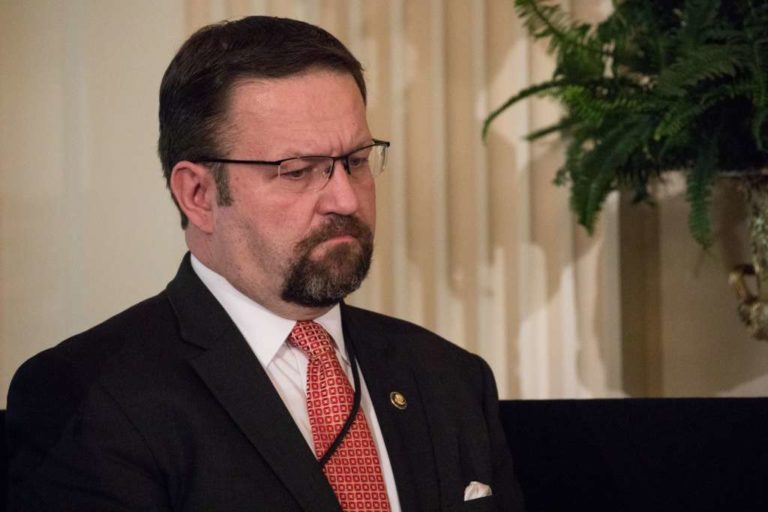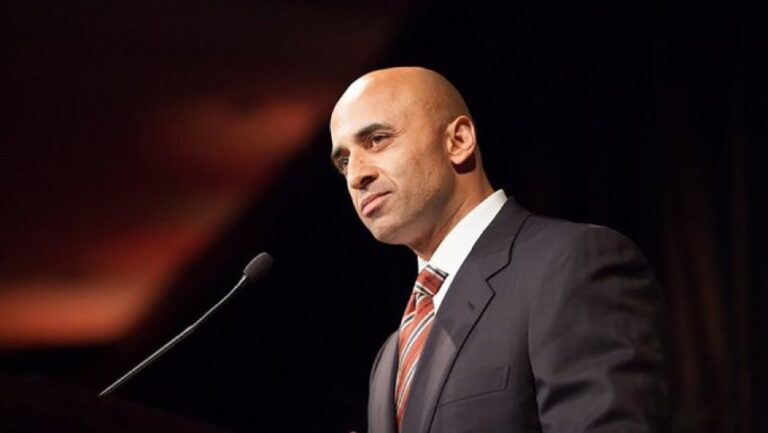 Sen. Bernie Sanders won a decisive victory over Hillary Clinton in the New Hampshire Democratic primary Tuesday, propelled by support from a formidable alliance of men, women and young people.
Sen. Bernie Sanders won a decisive victory over Hillary Clinton in the New Hampshire Democratic primary Tuesday, propelled by support from a formidable alliance of men, women and young people.
Sanders was also buoyed by independent voters and a belief that he was more honest and trustworthy than Clinton, who won New Hampshire eight years ago against then-candidate Barack Obama.
“The government of our great country belongs to all of the people, and not just a handful of wealthy campaign contributors and their super PACs,” Sanders told supporters Tuesday night in a message that he said resounded “from Wall Street to Washington, from Maine to California.”
His win will likely prompt rank-and-file Democrats — and some major campaign donors — to give his campaign a second look as the race shifts to contests in Clinton-friendly states like Nevada and South Carolina. Sanders stuck to core campaign themes this week in an effort to avoid upsetting a race trending his way.
“I felt like he was the most honest,” said Nicole Reitano, a 24-year-old from Nashua, New Hampshire, who voted for Sanders. “He’s had the same views forever, and he’s never budged. That makes me feel confident in him.”
While Sanders’ victory means he’s assured of a majority of New Hampshire’s pledged delegates, Clinton remains ahead in the overall delegate count due to support from superdelegates — the party officials who can support the candidate of their choice. Clinton has amassed at least 392 delegates and Sanders at least 42; the magic number to clinch the nomination is 2,382.
Inside her rally, Clinton’s supporters defiantly chanted, “I’m with her!” and roared with approval when the former secretary of state took the stage, joined by her husband, former President Bill Clinton, and their daughter, Chelsea.
“We are going to fight for every vote in every state,” Clinton told the cheering crowd after she conceded defeat. She acknowledged she has “some work to do, particularly with young people.”
Sanders, once labeled a “fringe candidate” by his detractors, received majority support from younger voters and was narrowly favored by women.
“What the people here have said is given the enormous crises facing our country, it is just too late for the same old, same old establishment politics, and establishment economics,” Sanders told a victory rally. “The people want real change.”
Sanders aides said they plan to focus on introducing the Vermont senator to a broader swath of the country, including minority voters, a group that largely backs Clinton. On Wednesday, they will launch ads in Oklahoma, Minnesota, Colorado and Massachusetts — all states where they believe Sanders can expand his following. Those ads will focus on Sanders’ personal history, including his immigrant father and early work as a civil rights activist in college.
In the week since her slim victory in the leadoff Iowa caucuses, Clinton’s campaign tried to lower expectations in New Hampshire, the site of her 2008 comeback. She traversed the state’s snow-covered highways with family in a push to maintain her edge in national polls, and reassure the Democratic establishment to continue backing her campaign.
But Sanders maintained a steady lead in New Hampshire despite Clinton’s longstanding ties in the state.
Tom Olson, a 35-year-old from Manchester, New Hampshire, said Sanders would make a better president. “It would be nice to see someone willing to swing for the fences,” Olson said.
Two-thirds of Democratic voters identified as politically liberal, compared with 56 percent during the 2008 primary, exit poll data showed. But Clinton and Sanders both benefited from a similar amount of support from moderates and liberals.
(AP)










